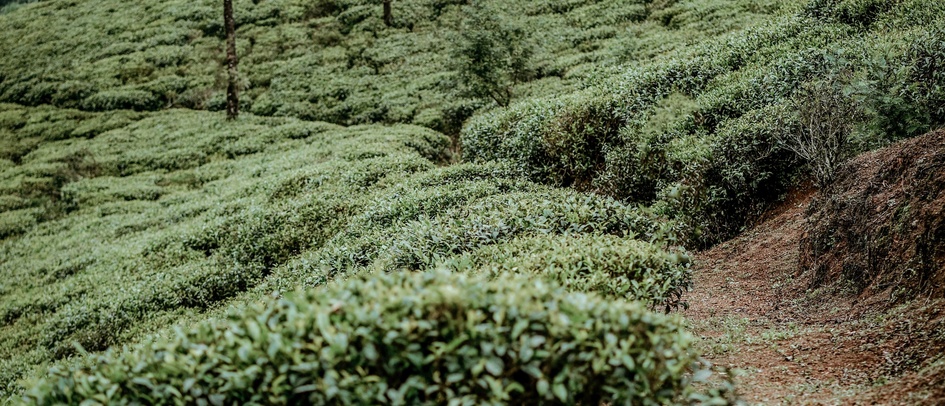The climate changes are a big concern for the world food supply, so says the world food organisation. There is lots of scientific proof that organic farming ensures less CO2-emissies and is more resistant to a changing climate.
Not only biological food, but also biological drinks, like tea, are way healthier for the human body than the non-biological option. Biological tea is being grown without pesticides. The organic tea plants are treated with cow dung, tree leaves and trimmings instead of toxic pesticides to make sure it grows naturally.
The climate changes are being seen as a threat for the tea plantations. The tea plants are very sensitive to their environment. The specific place and time where tea is being grown is determinant for the quality. Due to the shift of the raining season the flowering period of tea plant became shorter.
The taste of tea is being determined by a few factors: the sort of tea (variety), climate, the terroir (refers to the soil in relation to crops that are grown on it), how the pruning is being done, how there is being plucked and how it is being processed.
Tea plantations
Tea plants grow best in a tropical or subtropical climate. With a temperature in between 10 and 30 degrees and a rain fall of 200 to 225 mm a month. Most of the tea plantations are at a height of 350 to 3500 metres above sea level. In addition to all this the amount of sun hours is also important. Five hours a day is enough. The best location for a tea plantation is in the sun as well as in the shadow.
Tea plantations are mostly being held on a mountainside. The taste of the tea is dependent on the surroundings of the tea plant. The fog that arises at the height, would protect the tea plants against the bright sun. The leaves grow the slowest at a great height and this benefits the taste.


